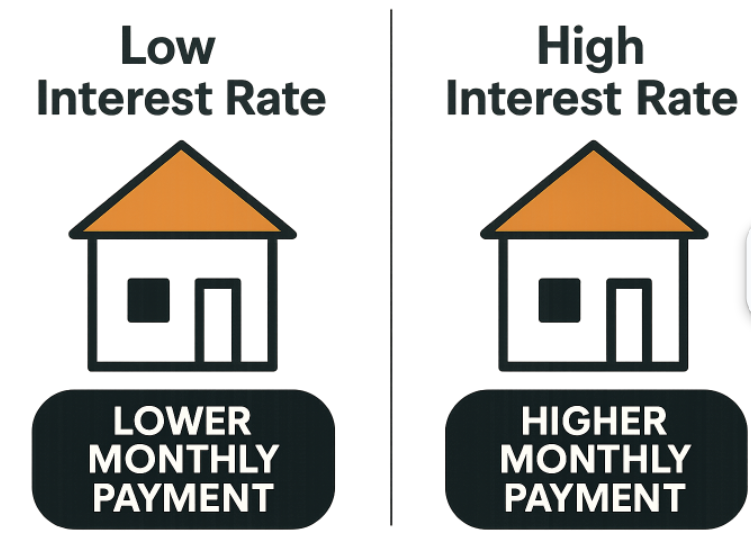Finding the right therapist can feel overwhelming, especially in a bustling city like Los Angeles. With so many options available, it’s essential to make an informed decision. Whether you’re seeking therapy for anxiety, depression, relationship issues, or personal growth, asking the right questions can help you find a therapist who is the right fit for you. In this article, we’ll explore ten critical questions to consider before committing to therapy in Los Angeles.
Understanding Therapy in Los Angeles
Before diving into the questions, it’s important to acknowledge the unique mental health landscape in Los Angeles. The city is known for its diverse population and variety of therapeutic practices, making it a great place to seek help. Whether you are looking for traditional therapy or something more specialized, knowing what to ask can help you navigate your options effectively.
Why Is This Important?
Choosing to engage in therapy is a significant step toward improving your mental well-being. It’s crucial to ensure that you select a therapist who aligns with your needs and goals. By asking the right questions, you can better understand the therapist’s approach, expertise, and whether they are the right fit for you.
1. What Are Your Qualifications and Experience?
Why This Matters
Understanding a therapist’s qualifications and experience is vital. You want to ensure that they have the necessary training and background to help you effectively.
What to Look For
- Licensure: Ensure they are licensed to practice in California.
- Specializations: Check if they specialize in areas relevant to your needs, such as anxiety, depression, or trauma.
- Years of Experience: Inquire about how long they have been practicing and their experience with clients similar to you.
2. What Therapeutic Approaches Do You Use?
Why This Matters
Different therapists use different methods. Knowing their approach will help you understand what to expect during sessions.
Common Approaches
- Cognitive Behavioral Therapy (CBT): Focuses on changing negative thought patterns.
- Dialectical Behavior Therapy (DBT): Useful for emotional regulation and interpersonal effectiveness.
- Mindfulness-Based Therapy: Incorporates mindfulness practices to enhance self-awareness.
3. Do You Offer a Free Initial Consultation?
Why This Matters
A free initial consultation allows you to meet the therapist, discuss your needs, and assess whether you feel comfortable with them.
What to Expect
During this session, you can discuss your therapy goals, ask questions, and gauge the therapist’s communication style. This is an excellent opportunity to see if you feel a connection.
4. How Do You Handle Confidentiality?
Why This Matters
Confidentiality is a cornerstone of effective therapy. Understanding how your therapist protects your privacy is crucial.
Key Points to Discuss
- Information Sharing: Ask about their policies on sharing information with third parties.
- Exceptions: Inquire about circumstances where they might be required to break confidentiality, such as threats of harm.
5. What Are Your Fees and Payment Options?
Why This Matters
Therapy can be an investment, and knowing the costs upfront will help you budget accordingly.
What to Consider
- Session Fees: Ask about the cost per session and if they offer sliding scale fees based on income.
- Insurance: Verify if they accept your insurance and what your out-of-pocket costs may be.
6. How Long Do You Typically Recommend Therapy?
Why This Matters
Understanding the expected duration of therapy can help set realistic expectations.
Points to Discuss
- Session Frequency: Inquire about how often you would meet.
- Duration: Ask if they expect therapy to be short-term or long-term based on your issues.
7. What Should I Expect During a Session?
Why This Matters
Knowing what to expect can reduce anxiety about starting therapy.
Things to Ask About
- Structure: Will sessions be structured, or will they be more open-ended?
- Homework or Assignments: Ask if you will have any tasks to complete between sessions.
8. How Do You Measure Progress?
Why This Matters
Tracking progress is essential for effective therapy. You want to know how your therapist assesses your improvement.
Key Metrics
- Regular Check-Ins: Will they assess your progress regularly?
- Goal Setting: How do they help you set and achieve goals throughout therapy?
9. What Happens if I Don’t Feel Comfortable?
Why This Matters
Your comfort level with your therapist is crucial for effective therapy. It’s important to know what options you have if you feel that the fit isn’t right.
Points to Discuss
- Changing Therapists: Ask how you can go about finding a new therapist if needed.
- Feedback Mechanism: Inquire if there’s a way to provide feedback about your experience.
10. Are There Additional Resources or Support Services Available?
Why This Matters
Sometimes, therapy alone may not be enough. Knowing what additional resources are available can enhance your treatment.
What to Explore
- Support Groups: Ask if they offer or can recommend any support groups relevant to your situation.
- Workshops or Classes: Inquire if they provide any additional educational resources, such as workshops on stress management or mindfulness.
Conclusion
Choosing therapy in Los Angeles is a significant step toward improving your mental health. By asking these ten questions, you can make an informed decision and find a therapist who meets your needs. Remember, therapy is a personal journey, and finding the right fit can make all the difference in your healing process.
If you’re ready to take the next step, consider reaching out to a therapist who specializes in your areas of concern. The journey to better mental health begins with the right support, and asking the right questions is the first step in that journey. Don’t hesitate to explore your options and find the support that’s right for you.
Latest Blogs:
| HyperFiksaatio |
| GarForFans |




